Question And Answer
Publications
Articles, publications, books, tools and multimedia features from the U.S. Institute of Peace provide the latest news, analysis, research findings, practitioner guides and reports, all related to the conflict zones and issues that are at the center of the Institute’s work to prevent and reduce violent conflict.
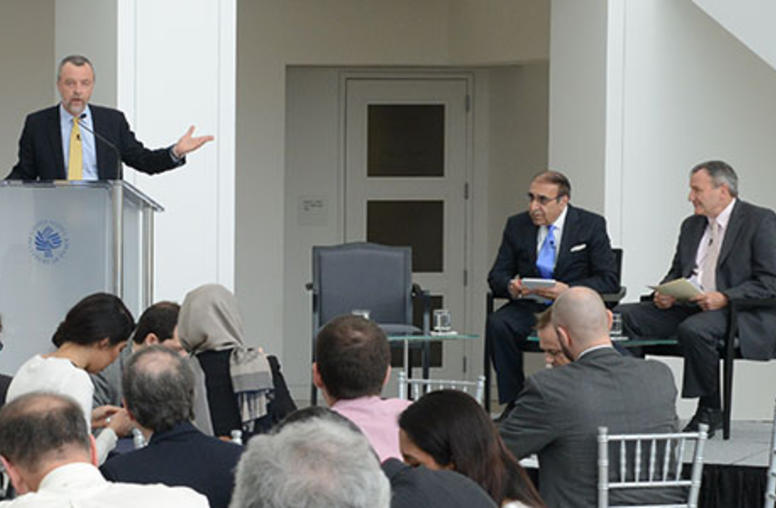
To Stabilize Afghanistan, U.S. and Partners Must Commit to the Long Haul
As Washington hosts Afghanistan’s new leaders this week, policy specialists and government officials have urged the United States and its allies to agree on long-term financial and security support to stabilize Afghanistan. The reformist administration of President Ashraf Ghani and his coalition partner, Chief Executive Officer Abdullah Abdullah, creates a fresh opportunity for governments and international institutions to strengthen the Afghan state and curtail the country’s decades-long war...
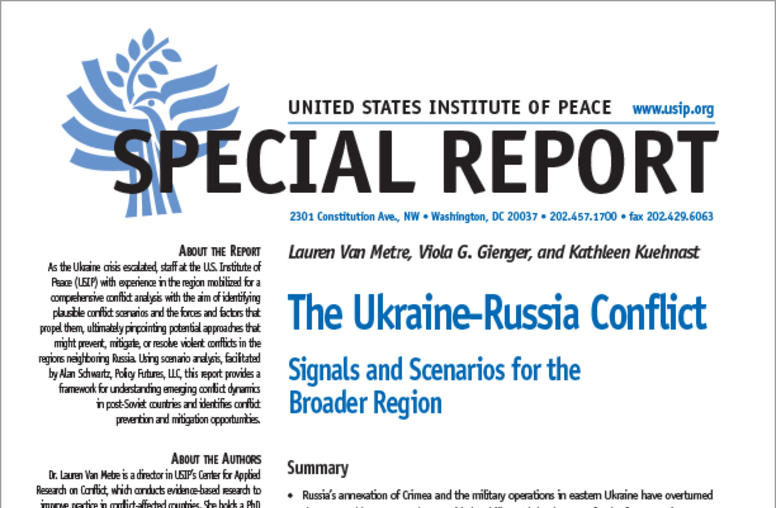
The Ukraine-Russia Conflict
Russia’s annexation of Crimea and its military operations in Eastern Ukraine have overturned the post–Cold War norms that had provided stability and development for the former Soviet countries bordering Russia. As neighboring countries assess their own security situation based on Russia’s aggressive practices in Ukraine and the West’s response, they are actively testing the new contours of Russian and Western engagement, regional alliances and relationships, and regional conflict dynamics.
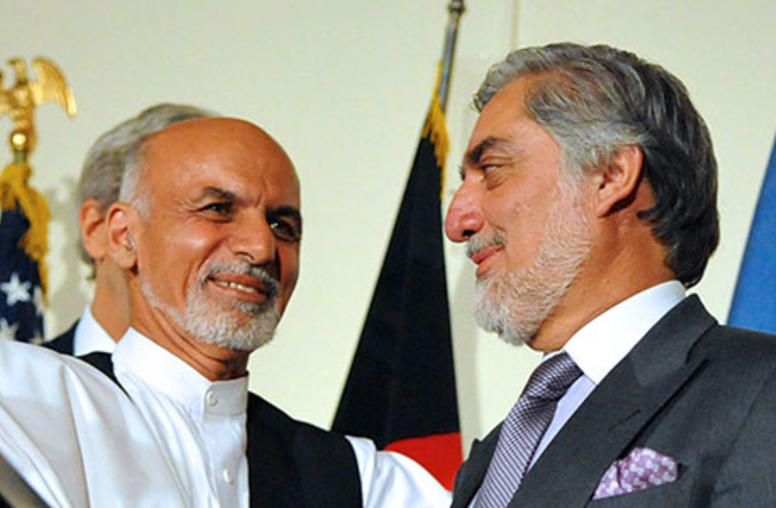
Afghan President Ghani’s Message in U.S. Visit: Help Us Stand on Our Own Feet
Afghan President Ashraf Ghani likely will use his first visit to Washington since taking office to thank the American people for their sacrifice for the cause of peace in Afghanistan, and to appeal for steadfast backing to prevent a precipitous drawdown of U.S. civilian and military support that could plunge his country back into a bloody civil war. According to experts at the U.S. Institute of Peace, Ghani will emphasize that Afghanistan’s new leadership is committed to reforming government,...
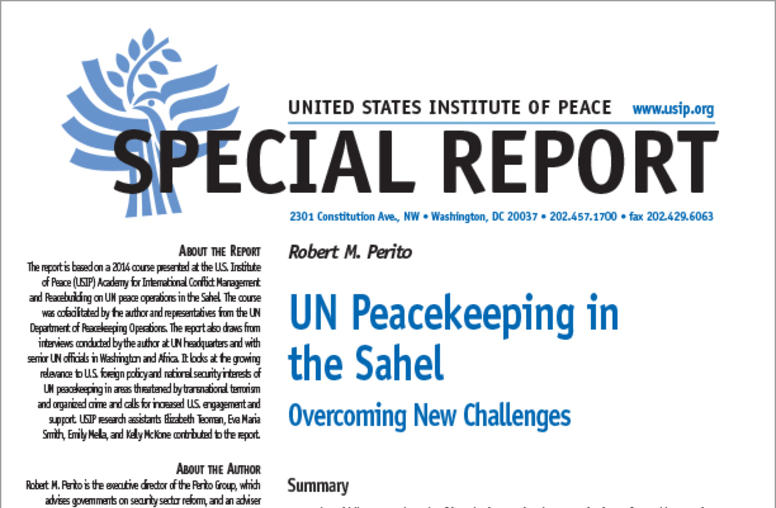
U.N. Peacekeeping in the Sahel: Overcoming New Challenges
New U.N. operations in the Sahel present unprecedented challenges for U.N. peacekeeping. They involve the United Nations directly in the struggle against transnational Islamist terrorism, weapons proliferation, and illicit trafficking by international organized crime. The United Nations must operate in countries with harsh terrain, vast expanses, poor communications, and porous borders. In response, the Security Council adopted more robust mandates based on the peace enforcement provisions of...
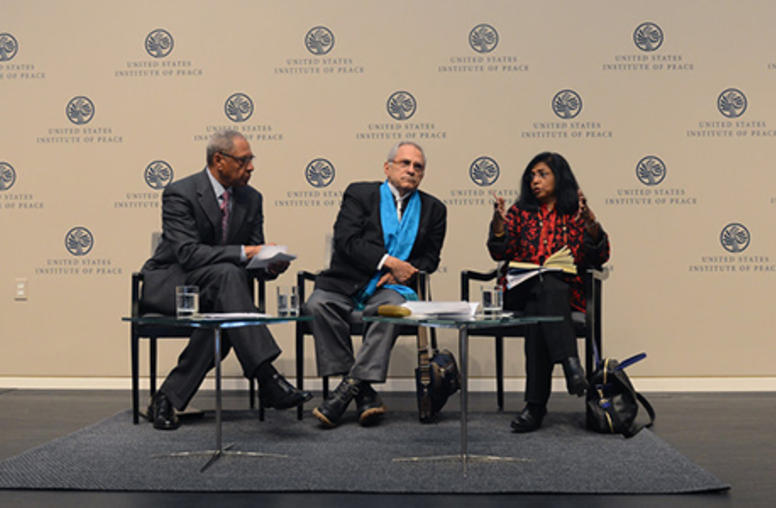
Deputy Secretary Blinken Urges 'Bold' U.N. Peacekeeping Review
U.S. Deputy Secretary of State Antony Blinken yesterday urged a high-level panel reviewing United Nations peace operations to conduct a rigorous assessment that will challenge member nations to ensure peacekeepers have the flexibility, capabilities and the political backing they need to function more effectively in increasingly complex conflict zones.
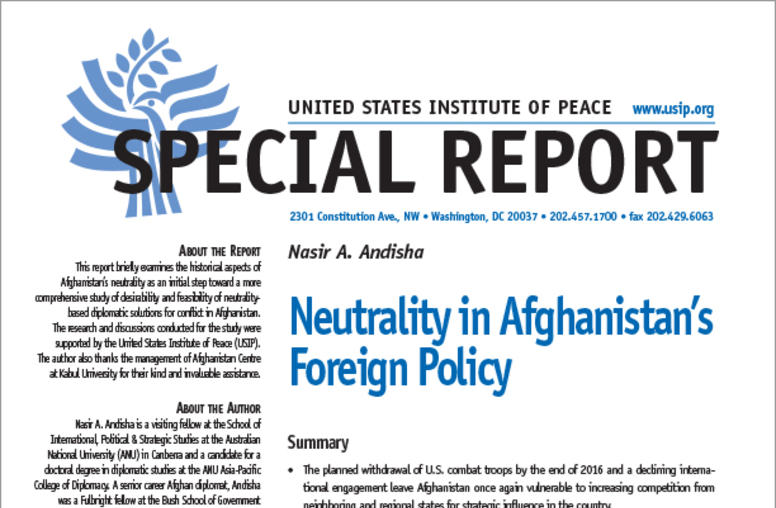
Neutrality in Afghanistan’s Foreign Policy
President Obama’s decision to withdraw all U.S. combat troops from Afghanistan by the end of 2016 leaves that country once again wide open for an intensified regional race for strategic influence in the country. The majority of experts—both Afghan and international—agree that lasting peace and stability in Afghanistan require internationally backed regional arrangements. A recent forum involving high-profile Afghan politicians, former diplomats, and civil society leaders underscores this cons...
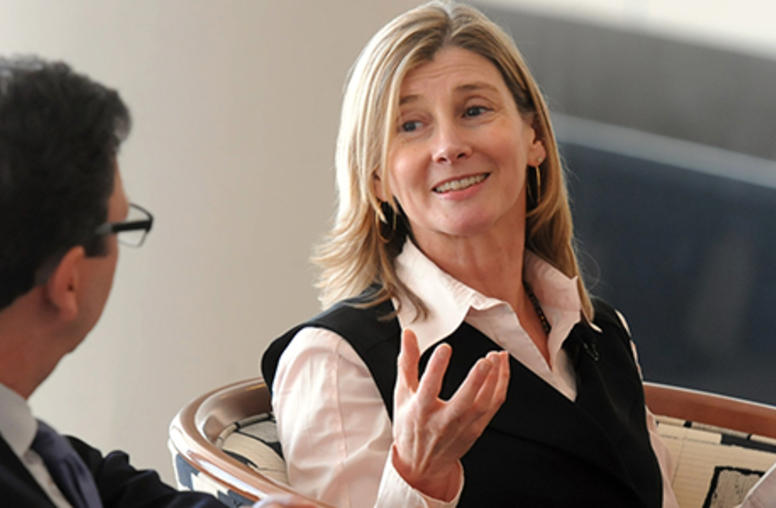
To Prevent and Resolve Violent Conflict, “We Need a Ground Game”
In an increasingly globalized, super-connected world, violent conflict moves faster and less predictably than a generation ago, with less regard for national borders. It combines dangerously with cyber networks, social media, environmental degradation and disease.
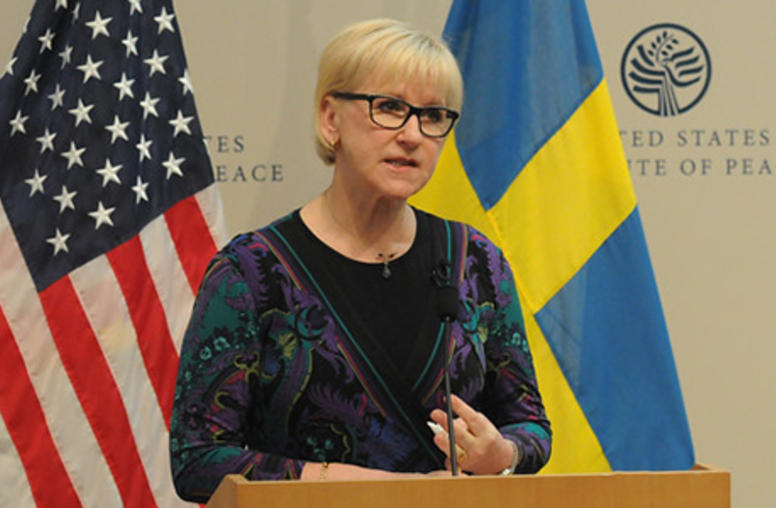
Sweden’s Foreign Minister Explains Feminist Foreign Policy
When Swedish Foreign Minister Margot Wallström announced last year that her government would pursue a “feminist foreign policy,” the idea “met with considerable derision,” she says. “We call it the giggling factor.” And where the response was not quiet laughter, it was often confusion, including in Washington. “No one knows what this means” for Sweden’s approach to conflicts such as the Russia-Ukraine war, a Foreign Policy headline declared in December.
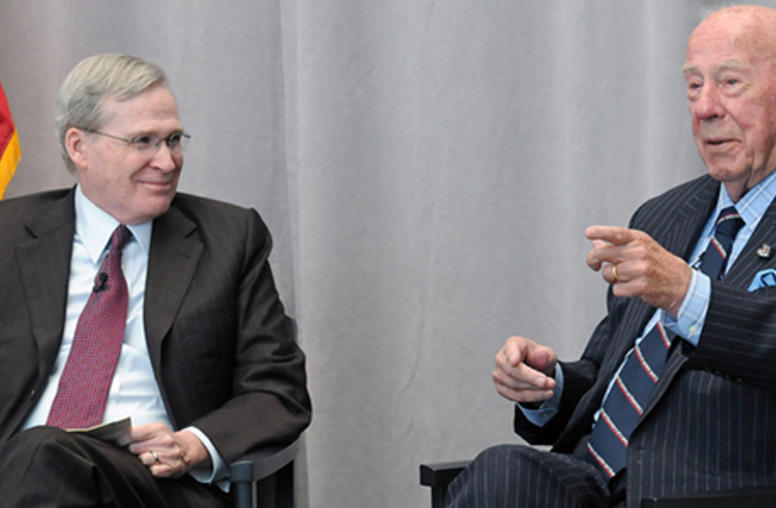
China Has Peaked as a Challenger to U.S. Power, Former Secretary of State Shultz Says
While China continues to grow as an economy and a military and political power, its overall influence relative to the United States has passed its peak, former Secretary of State George Shultz said at the U.S. Institute of Peace January 30. As China’s population ages, fewer working-age people must support a larger aged and dependent populace. “I think China, in relation to the U.S., has already reached its peak,” Shultz said in offering the Institute’s annual Dean Acheson Lecture.
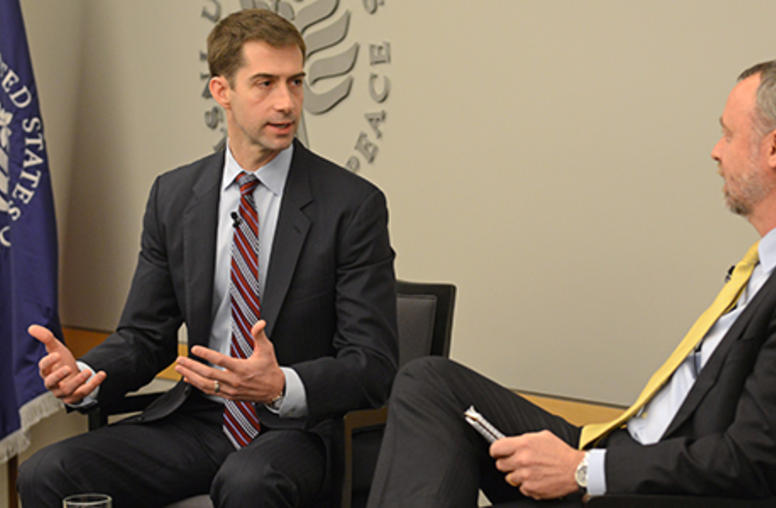
Iraq Crisis Builds Bipartisan Support for Keeping U.S. Troops in Afghanistan, Senator Cotton Says
The revival by ISIS of a brutal Islamist offensive in Iraq makes it urgent to prevent a similar reversal in the Afghan war—and is increasing congressional support for President Obama to maintain U.S. troops in Afghanistan, Senator Tom Cotton (R-Arkansas) said today.